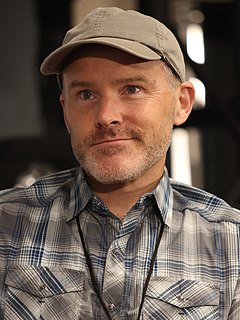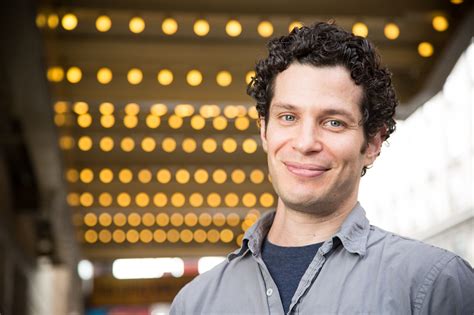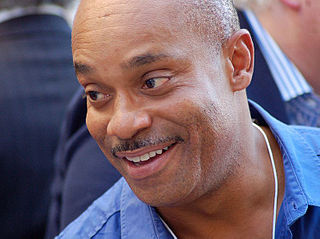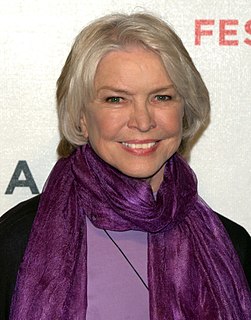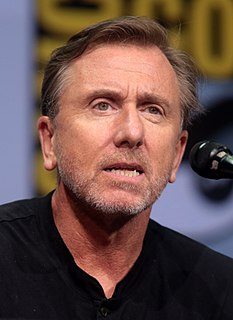A Quote by Marianne Elliott
A bad audition is usually the director's fault, not the actor's. It's up to the director to get the atmosphere right to get the best out of your auditionees.
Related Quotes
As a director, it became important to hear that specific role read by that specific actor, and you hear the chemistry, or you don't hear the chemistry. So I'm not so bothered by the audition process anymore; in fact, I use it. It's a time for the actor to actually get to the know the director and the producers a little bit, too.
I love the variety of films. In theater, you go into a room and the director runs the room, so you all work to his or her method. On film, if an actor or an actress is in for a day or two, the director has to get out of that actor what they need, so they have to change and adapt to that actor's technique.
One of the challenges of being a director is often you don't get to work with your peers. You know, writers can write together, and as a director you get to work with so many wonderful actors and writers and designers. But it's pretty rare that you get a chance to partner in that way with another director.
I've had friends who have come away who've said, "I shouldn't have become such close friends with the director." You always want to get on with the director, but I personally prefer a relationship where you respect them - you get on really well with them, but they're boss, as it were. It's about trusting your director, for better or for worse. They're the one's seeing what's coming out on the monitors, so you have to try and trust what they say.




